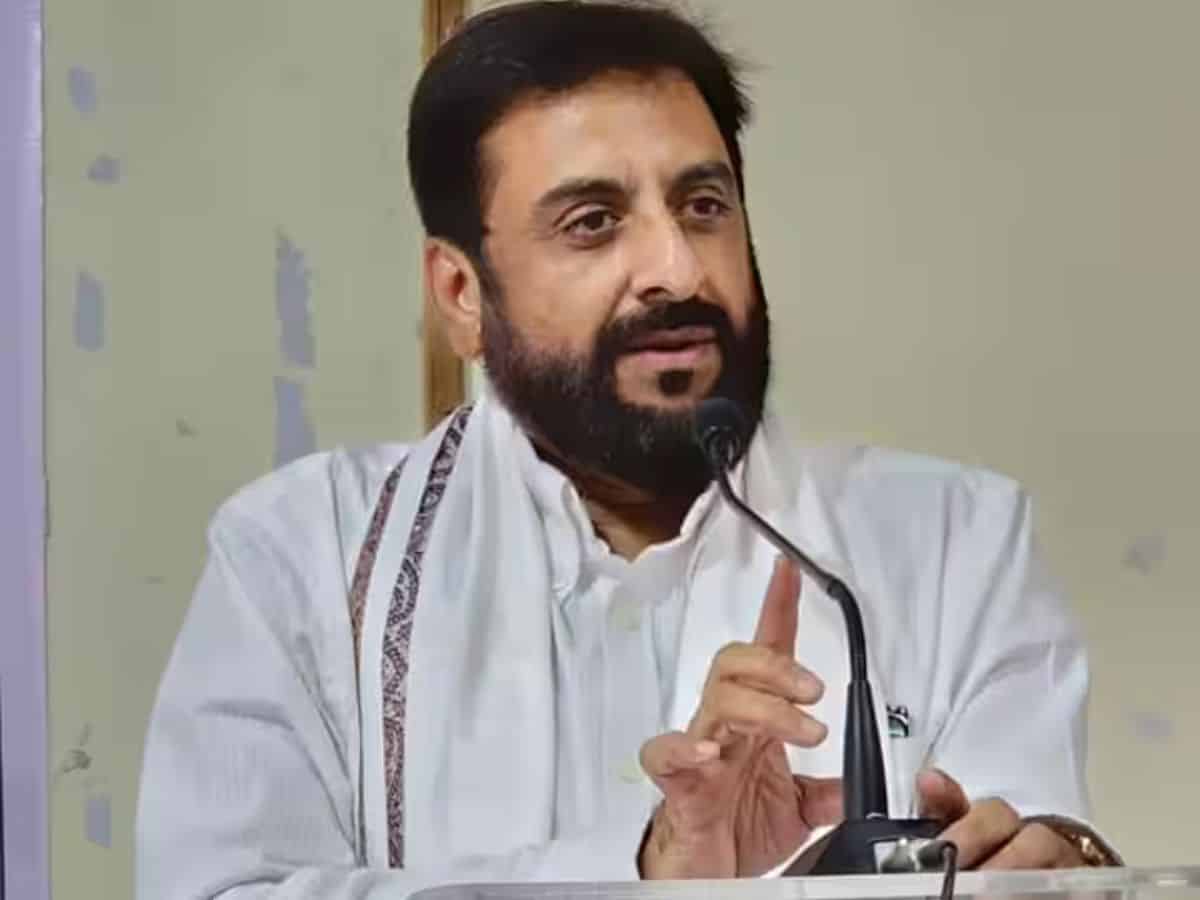
A day after protests against Mughal emperor Aurangzeb’s tomb triggered violence in Nagpur, AIMIM’s Maharashtra president Imtiaz Jaleel on Tuesday, March 20, said although a number of films were made in the Western countries on World War II, they did not lead to any riots.
His statement comes hours after chief minister Devendra Fadnavis said in the Legislative Assembly that the violence in Nagpur appeared to be premeditated and that “Chhaava” film reignited people’s emotions against Aurangzeb.
The Vicky Kaushal-starrer “Chhaava”, based on the life of Chhatrapati Sambhaji Maharaj, brought before the people the true history of the Maratha king, Fadnavis said.
Aurangzeb tomb row sparks violence in Nagpur
Violence erupted in central Nagpur’s Chitnis Park in the Mahal area on Monday around 7:30 pm, with stones hurled at police amid rumours that the holy book of a community was burnt during an agitation by a right-wing body for the removal of Aurangzeb’s tomb in Chhatrapati Sambhajinagar district.
In a statement issued on Tuesday, Jaleel said, “Let the historians decide how Aurangzeb was. But it is a fact that he was a king and he attacked not only Hindu but the Muslim kingdoms like Nizamshahi, and Adilshahi to expand his own kingdom.”
“Aurangzeb is not the only person who killed his own people to come to power. History also says that emperor Ashoka came to the throne after killing his brothers…which is not important. What is important is that Ashoka turned towards Buddhism,” the former Lok Sabha MP said.
Imtiaz Jaleel draws WWII comparison
“The western countries preserved monuments related to World War II and the generations that came after that learnt lessons out of it. Numerous films were made in Europe during World War II, but it did not lead to any riots. This happened because films were made after thorough research which helped people to understand the importance of non-violence,” Jaleel added.
There are many examples in history where two communities (Hindus and Muslims) lived together and also clashed against each other, he said.
Call for ASI control over historical monuments
“The only solution I can see is that all the historical monuments should be under the control of the Archaeological Survey of India (ASI). Tourists should visit them and guides should tell them the history related to those monuments. The role of history researchers is more important here than political interference,” he said.
He also criticised the political parties, stating that post-election, leaders do not feel the need to speak to people on key issues for the next five years.
“We will not get anything by digging the city (Chhatrapati Sambhajinagar) which was linked to Mughal history. There is a conspiracy to defame the city…,” he said.



